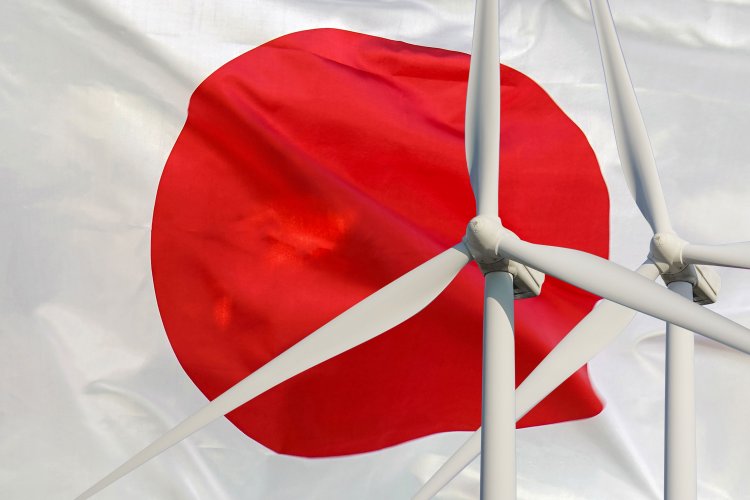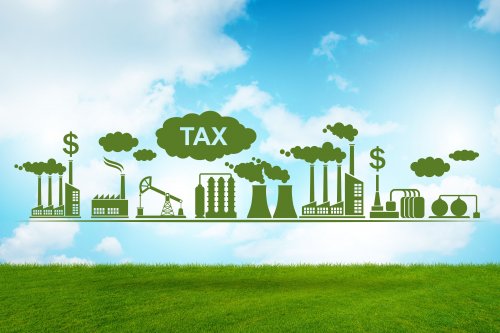By 2035, Japan plans to reduce CO2 emissions by 60% compared to 2013 levels, and reach zero emissions by 2050.
This is reported by Bloomberg.
This updated goal was announced by representatives of a joint working group of the Japanese ministries of trade and environment. The country's previous goal was to reduce emissions by 46% by 2030.
Now the new plan is to be publicly discussed. After that, it must be finally approved by the Japanese government.
However, environmentalists and climate experts believe that the goal set by Japan is not ambitious enough. According to analysts at the Climate Action Tracker group, in order to limit the global temperature rise to 1.5°C above pre-industrial levels, the country needs to reduce emissions by more than 60% – approximately 80% by 2035.
What is the current energy situation in Japan?
In 2023, coal and natural gas accounted for more than 60% of the country's electricity generation. Japan is slowly switching to renewable energy sources (RES), in particular, due to problems with regulating the restart of nuclear power plants, as well as a lack of areas available for the construction of solar power plants and onshore wind farms.
In September, BloombergNEF analysts noted in their report that achieving zero emissions in Japan would require $7.7 trillion in investments in low-carbon assets and infrastructure by 2050.
The third report of the World Economic Forum's Net Zero Industry Tracker shows that carbon emissions are decreasing in sectors that are difficult to reduce, but will not reach zero by 2050.





